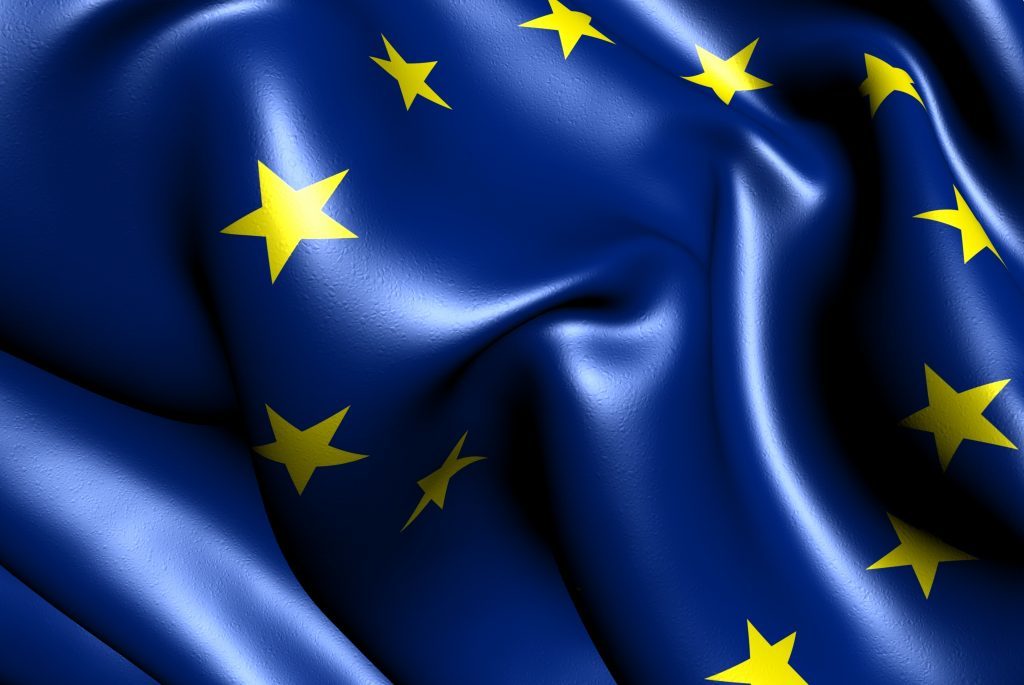
Days after the opening of formal Brexit talks, Theresa May is set to make a bid to break the logjam over the status of expat citizens following UK withdrawal from the EU.
The Prime Minister will use a European Council summit in Brussels on Thursday to brief counterparts on her plans to offer certainty to the three million EU nationals living in the UK, an issue that she has identified as her first priority for early agreement in the talks under Article 50 of the EU treaties.
Full details of the UK proposals will be published on Monday.
Foreign Secretary Boris Johnson said he hoped leaders of the 27 other nations would match her “generous” proposals with similar offers to the one million British expats on the continent.
The 27 remaining members will also hear a report from chief negotiator Michel Barnier on his talks with David Davis earlier this week, when the Brexit Secretary accepted a European timetable to put off talks on a future trade relationship until progress has been made on the terms of the divorce.
Downing Street declined to reveal details of the proposals on citizens’ rights, but Mr Johnson said: “What the Prime Minister will be able to do on Thursday is set out, as she has tried actually to do several times, her instinct to be generous about the 3.2 million EU citizens who are living here and hoping that there will be reciprocal, corresponding generosity towards the one million UK nationals in the rest of the EU.
“I think she’s got a great offer to make and I hope it will go down well.”
In a two-day summit whose agenda is formally dominated by immigration, security and the economy, Mrs May will also brief her counterparts on the UK’s commitment to a new £75 million plan designed to stem the flow of illegal migrants from Africa to Europe.
The three-year programme will offer humanitarian support, including food and water, to would-be migrants on the perilous transit routes from the Horn of Africa and western Africa through countries including Niger, Egypt and Libya.
And migrants who find themselves stranded and destitute along the routes will be offered assistance to return home.
While any assisted returns will be voluntary, it is thought that many individuals could take advantage of the scheme as a way of escaping the gruelling conditions of the transit routes, which expose them to the risk of death, violence, forced labour and exploitation at the hands of people-traffickers before they even reach Mediterranean Sea ports.
A record 4,576 people are thought to have died or been recorded missing while attempting the risky central Mediterranean Sea crossing during 2016.
Some 181,000 people arrived in Italy via this route last year, with a greater number expected in 2017.
International Development Secretary Priti Patel said: “The UK has been at the forefront of responding to the migration crisis and our work to date has helped reduce total migrant numbers to Europe since 2015.
“But worryingly, more and more people are now using the incredibly dangerous central Mediterranean route.
“This new UK support will provide desperately needed aid and protection to tens of thousands of the world’s most vulnerable.
“But critically it will also make clear the massive risks involved at every stage of this route and provide alternatives so those who change their minds can return home.
“As well as saving lives, this will provide vulnerable people with meaningful alternatives to the treacherous crossings into Europe.
“Building on our existing work to deal with the root causes of migration, this approach is about using our aid in a smart way, as part of a co-ordinated approach across Government, to provide protection to people who need it and serve Britain’s national interests.”
Also on the agenda in Brussels will be counter-terrorism co-operation, sanctions on Russia and Europe’s response to the US withdrawal from the Paris Accord on climate change.
Mrs May is expected to urge member states to follow the lead of a UK-French agreement to put pressure on internet companies to remove extremist material from their sites, sealed with President Emmanuel Macron on a visit to Paris last week.
Mr Macron and Irish Taoiseach Leo Varadkar – who met the PM at Downing Street on Monday – will be making their first appearances at a European Council summit following their election victories.
Recommended for you
